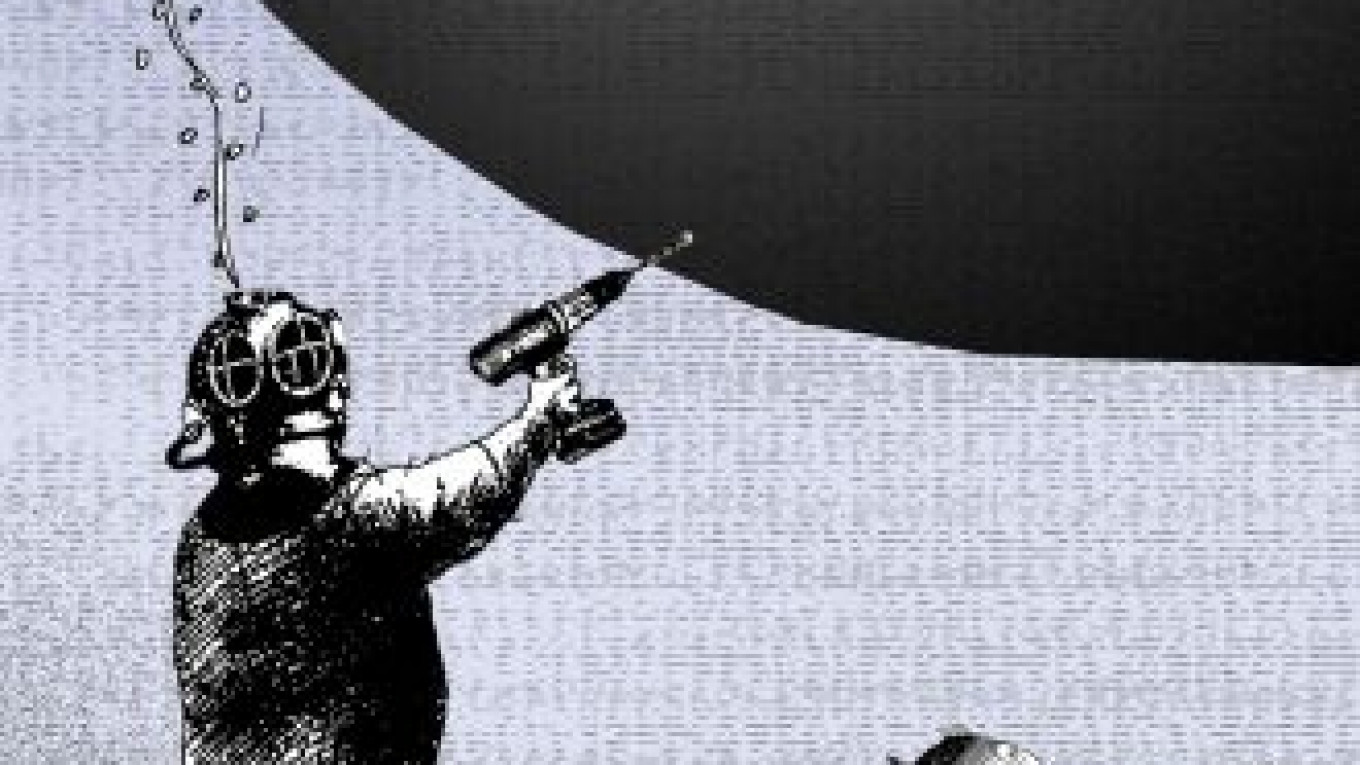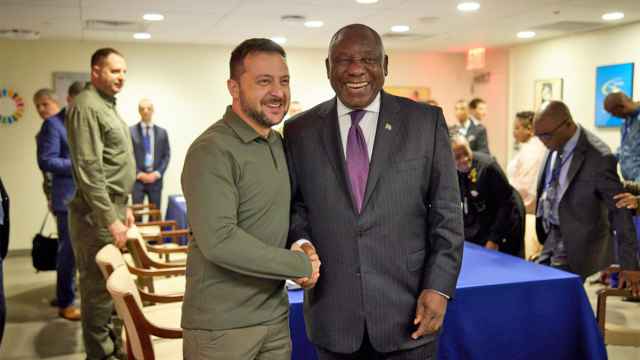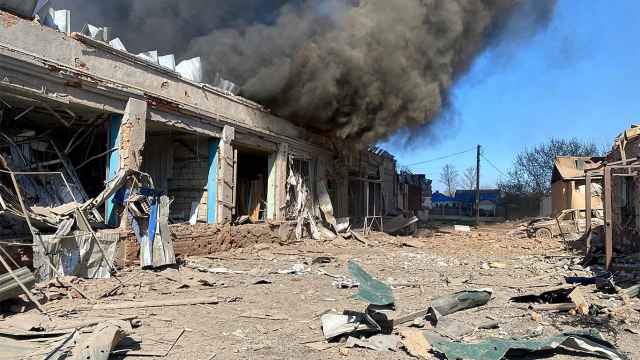The New START agreement promises to modestly reduce the number of deployed U.S. and Russian strategic nuclear arsenals and opens the way for cuts in other types of nuclear weapons. The treaty is also vital because it would fill a verification gap created by the expiration of the original START and its Cold War-era system of on-site inspections and data exchanges. Without ratification of New START, each side will rapidly lose insight into the other’s strategic nuclear forces and will engage in more costly force modernization and hedging strategies.
For these and other reasons, a long list of current U.S. military leaders and former senior national security officials in both Republican and Democratic administrations have endorsed New START.
But with the White House pressing the Senate to act promptly on the treaty, a handful of critics are desperately seeking to raise concerns about New START in order to delay a vote that will likely produce more than the 67 votes needed for U.S. ratification.
One leading Republican senator, Jon Kyl, now suggests that the new treaty may not provide enough verification. And last week, a misleading headline in The Washington Post — “Report Finds Russians May Not Be in Compliance, Could Sink New START Pact” — seemed to give further credence to concerns about the verifiability of the treaty.
Such concerns and media reports might lead to the delay or even the defeat of New START if they were valid. They are not.
In reality, the July 2010 U.S. State Department report “Compliance With Arms Control, Nonproliferation and Disarmament Agreements” finds that Russia was “in compliance with the START strategic offensive arms central limits for the 15-year term of the treaty.”
To be sure, there were compliance questions raised by sides under START, but as the chief U.S. negotiator of New START, Rose Gottemoeller, told a Senate committee July 29: “The majority of compliance issues raised under START were satisfactorily resolved. Most reflected differing interpretations on how to implement START’s complex inspection and verification provisions.”
Gottemoeller explained that these unresolved issues were minor technical matters that “went away when START went out of force,” adding that there were “some concerns that we had about them, some concerns that they had about us.”
The most significant disputes, like movement of Russia’s SS-27 mobile missile launchers and U.S. inspection of re-entry vehicles aboard certain Russian missiles, were resolved, Gottemoeller said in a July 28 interview with The Associated Press.
In other words, neither side accused the other of violating core provisions of START at any point and the treaty’s verification provisions provided a means to restore confidence between the two countries when doubts arose. New START promises to do the same.
Other critics, including Paula DeSutter, former U.S. assistant secretary for verification, compliance and implementation under then-President George W. Bush, claim that New START is “much less verifiable” than START. They complain that there were more inspections allowed under START than under New START.
Such comparisons are superficial and misleading. As Defense Secretary Robert Gates testified May 18, “for all practical purposes, the number of inspections [in New START] is about the same as it was,” under START. That is because Type One inspections under New START can achieve two goals (confirm data on delivery vehicles and warheads) at the same time, and thus 10 Type One inspections under New START equal 20 START inspections. Together with the eight Type Two inspections, the 18 New START inspections are essentially equivalent to the 28 inspections permitted under START.
From the U.S. perspective, the Soviet Union’s strategic nuclear complex was also significantly larger and less well understood than that of Russia today. START’s 28 inspections had to cover 70 facilities in Russia, Ukraine, Belarus and Kazakhstan. Today, New START’s 18 inspections need to cover only 35 Russian sites.
New START would provide a more streamlined, cost-effective set of verification procedures based on the original START. It would also add new innovations — including direct monitoring of actual deployed nuclear warheads — that are better suited to provide high confidence that each side complies with the new treaty.
As a result, cheating on the central limits of New START would provide no strategic advantage for either side. Not only would violations of the treaty be easily detected, but given the enormous overkill capacity that each side will retain with 1,550 thermonuclear weapons on 700 strategic delivery platforms, both sides would retain a survivable deterrent even if the other “broke out” of the treaty to deploy hundreds of additional strategic warheads. Furthermore, both countries would retain the capacity to upload additional warheads on strategic delivery systems to match any such move by the other.
In sum, arguments from partisans in Washington (or Moscow) that New START cannot guard against cheating are without merit. They are fooling themselves if they think that the old red herring — that “the Russians will cheat again” — will help sink the treaty in the Senate.
New START and its verification system are essential for building trust and confidence that Washington and Moscow will continue to meet their commitment to reduce excess strategic nuclear weapons and lower the nuclear threat. It is essential that both countries approve the treaty without delay.
Daryl G. Kimball is executive director of the Washington-based Arms Control Association.






